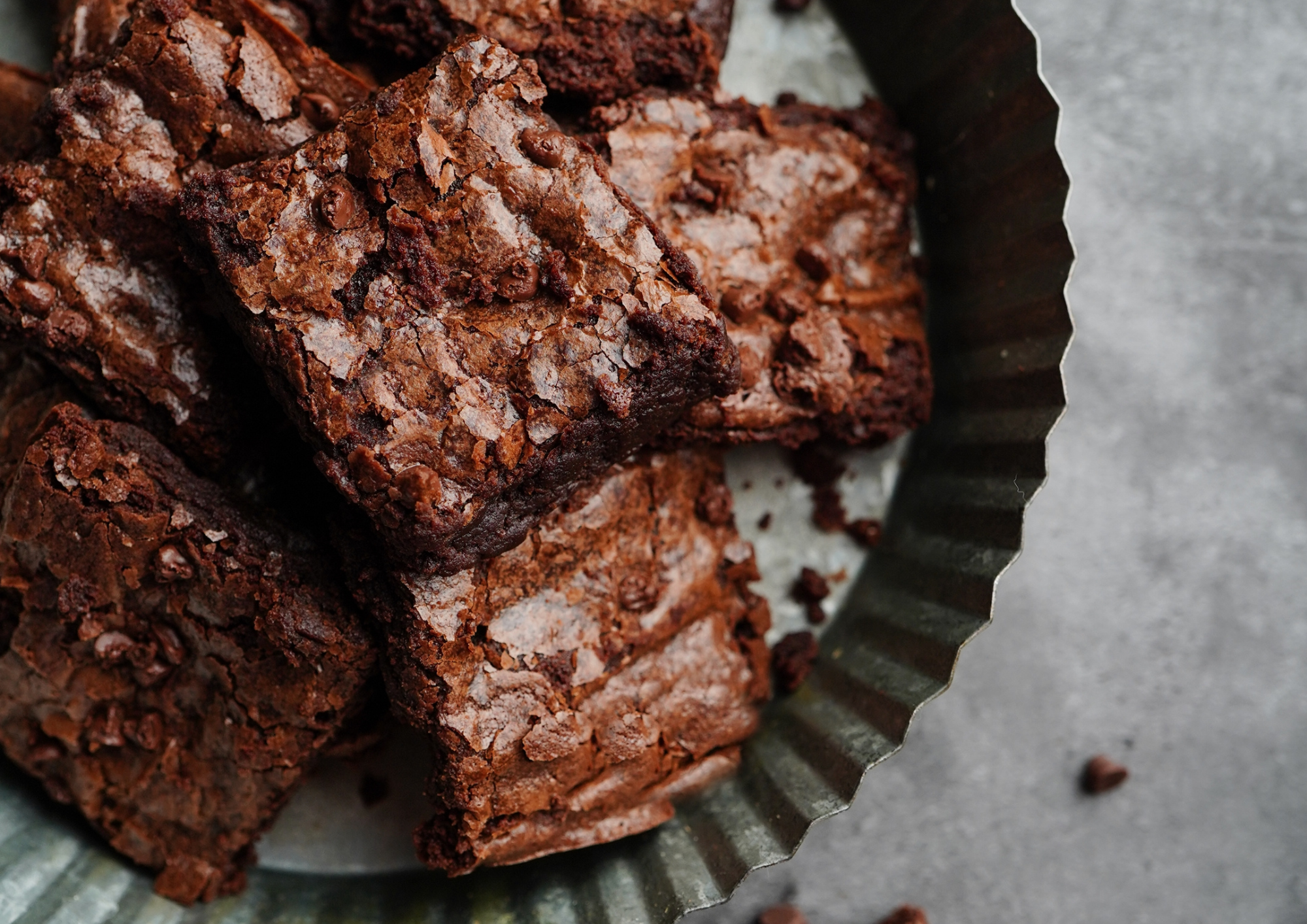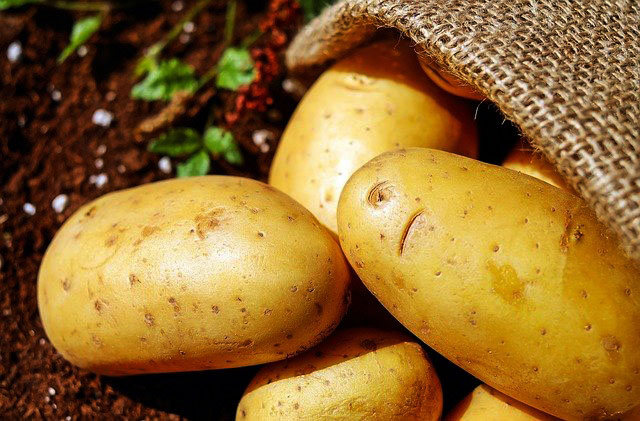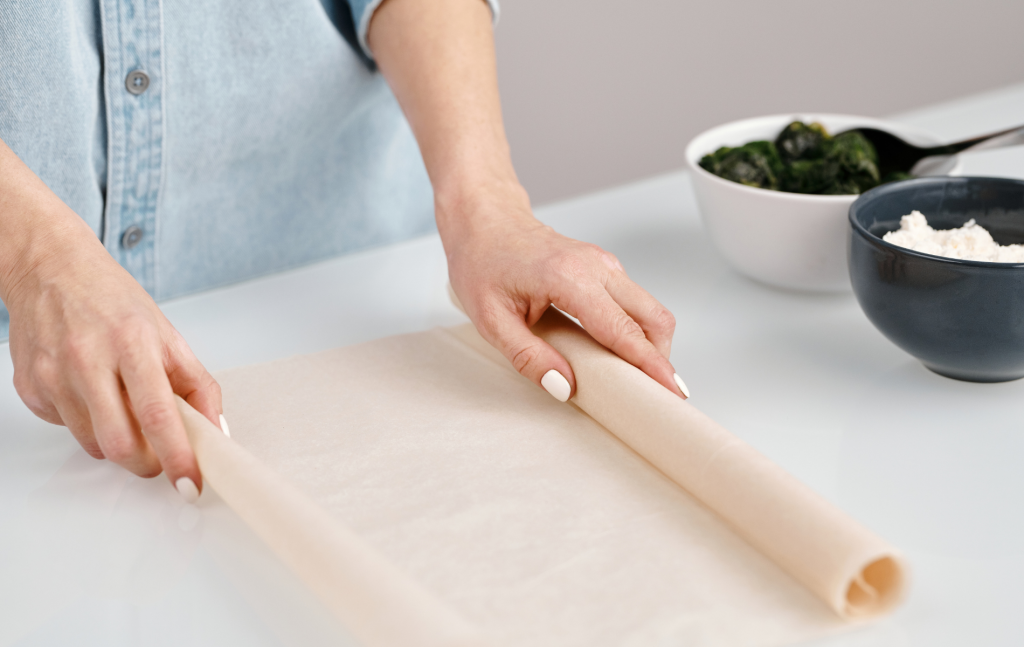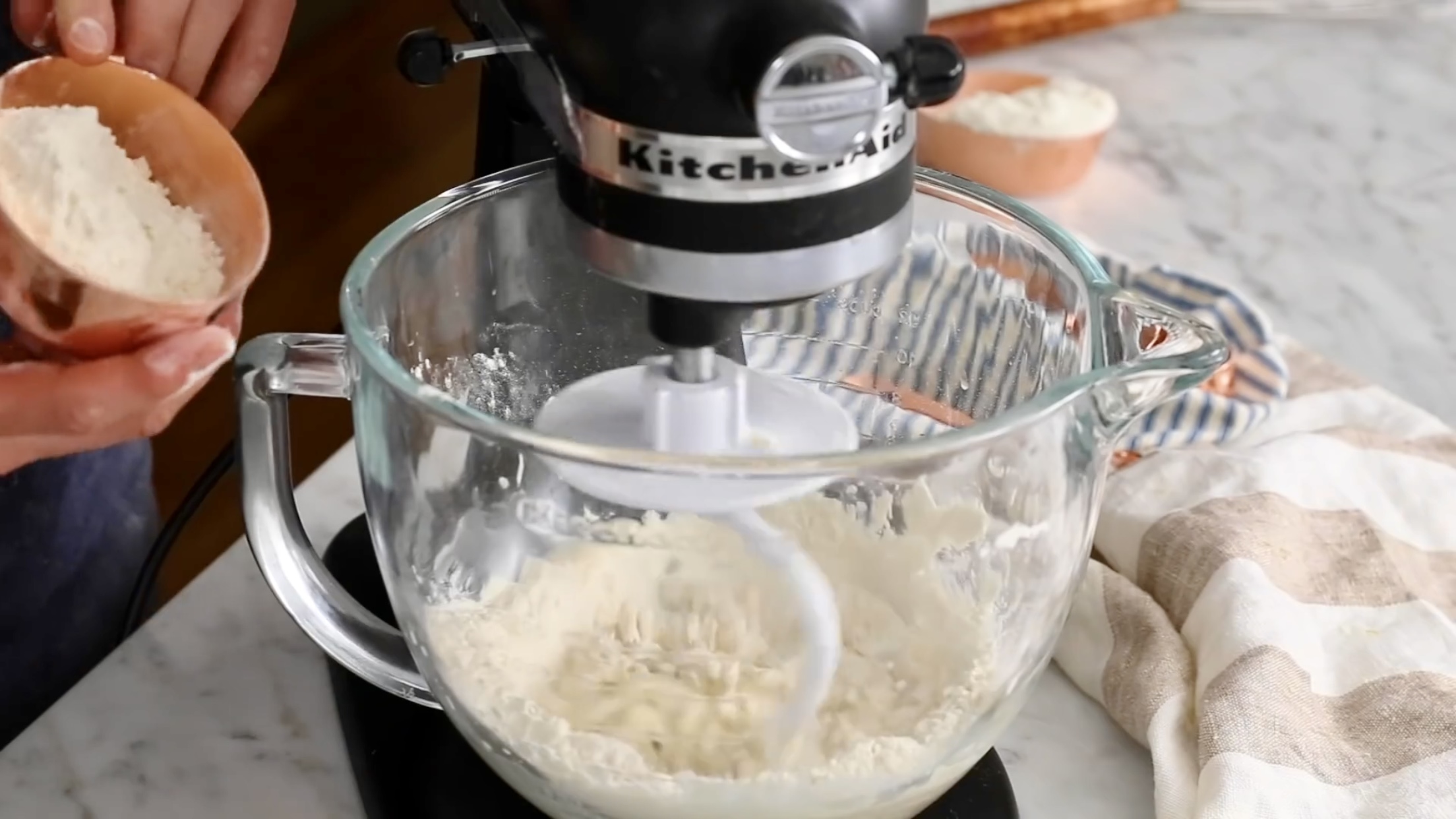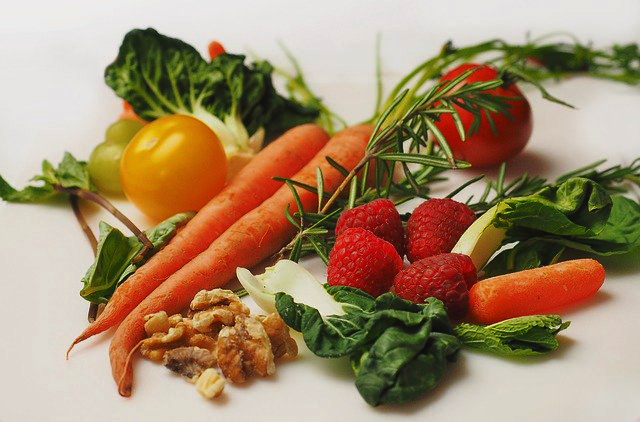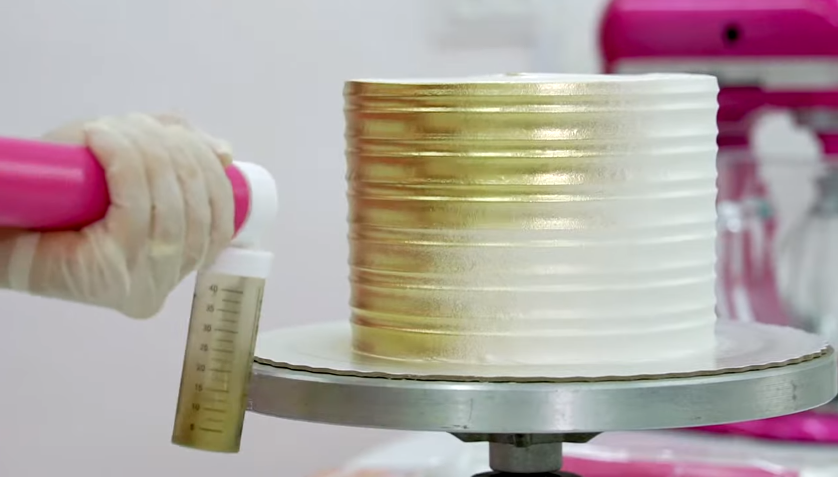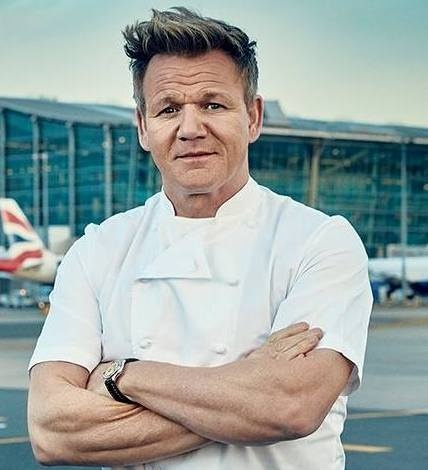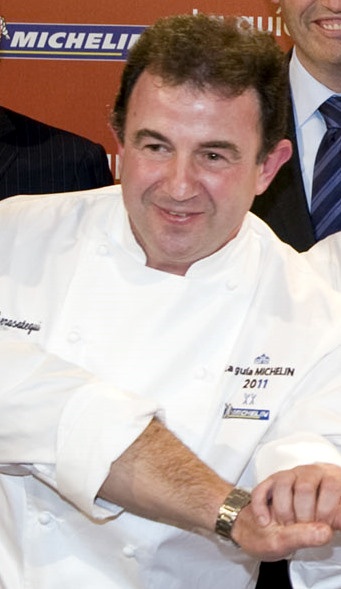No, no, no – it's not considered nit-picking when you're wrong. The issue is that "curry" essentially has no meaning – or it can mean anything you want.
The word is a bastardization of kari, which is the leaf of a plant used in cooking in the south of India, and a kind of vegetable stir-fry preparation, also from the south. The blend of spices used in this preparation was called kari podi, which was transformed into curry powder. The classic blend contains red pepper, coriander, black pepper, cumin, fenugreek, kari leaves, mustard seeds, sometimes cinnamon and cloves – and yes, turmeric, all roasted and ground to a powder.
It is thought that 400 years ago or so, British colonials wanted to take some of the flavors and aromas of southern India with them when they returned to England, so they took kari podi, with its very specific use, and added it to any old soups, stews, and casseroles, which then became curries.
A further complication is that over time many Indians, when speaking English, started using the word kari to stand in for a spicy sauce known as salan. So although they use the traditional names when speaking Hindi, Tamil, or other native languages, they now universally refer to Murghi ka Salan as Chicken Curry and Jheenga ka Salan as Prawn Kari or Prawn Curry when speaking English.
Now, Indians will tell you that spice mixtures for countless traditional dishes are specific to individual recipes, and are generally ground and mixed as the dish is prepared. There is no generic curry powder, or there should not be.
Madhur Jaffrey, author of Invitation to Indian Cooking, says, "to me the word 'curry' is as degrading to India's great cuisine as the term 'chop suey' was to China's." She says Westerners have come to know and love China's varied cuisines and specific dishes in recent years, and hopes we will make more progress with regard to Indian cooking.
Curry powder, which Indians eschew, is traditionally a blend of cumin, coriander, fenugreek, red peppers, and turmeric. Jaffrey minces no words in saying that curry powder "attempts to oversimplify and destroy the cuisine itself."
A yellow curry powder or paste almost invariably gets its color (and some flavor) from turmeric. But there are red curry pastes, green curry pastes, and many other mixtures that fall into the curry category that do or do not contain turmeric. We would agree with you that curries often and perhaps generally contain turmeric.
With all this in mind, if curry to you means turmeric, then anything without turmeric is simply not a curry. Just don't bet you life savings on it or challenge anyone to a duel.
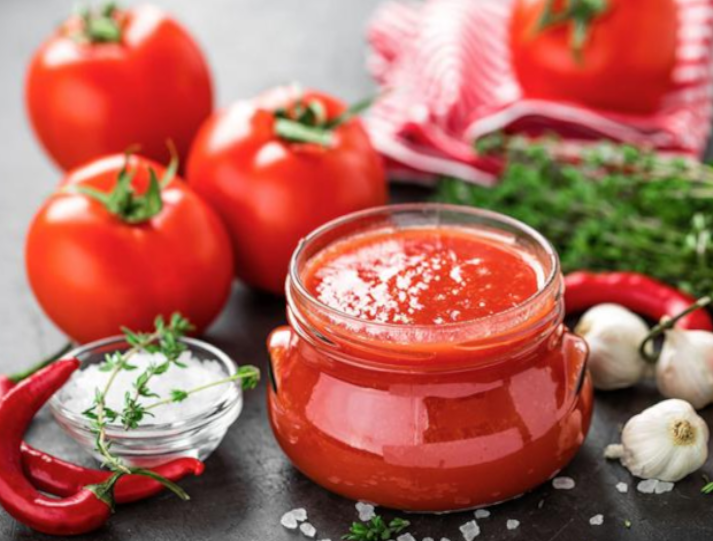
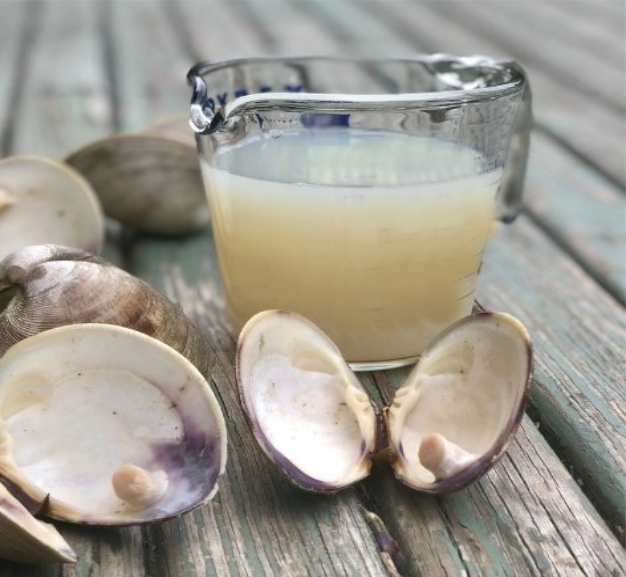
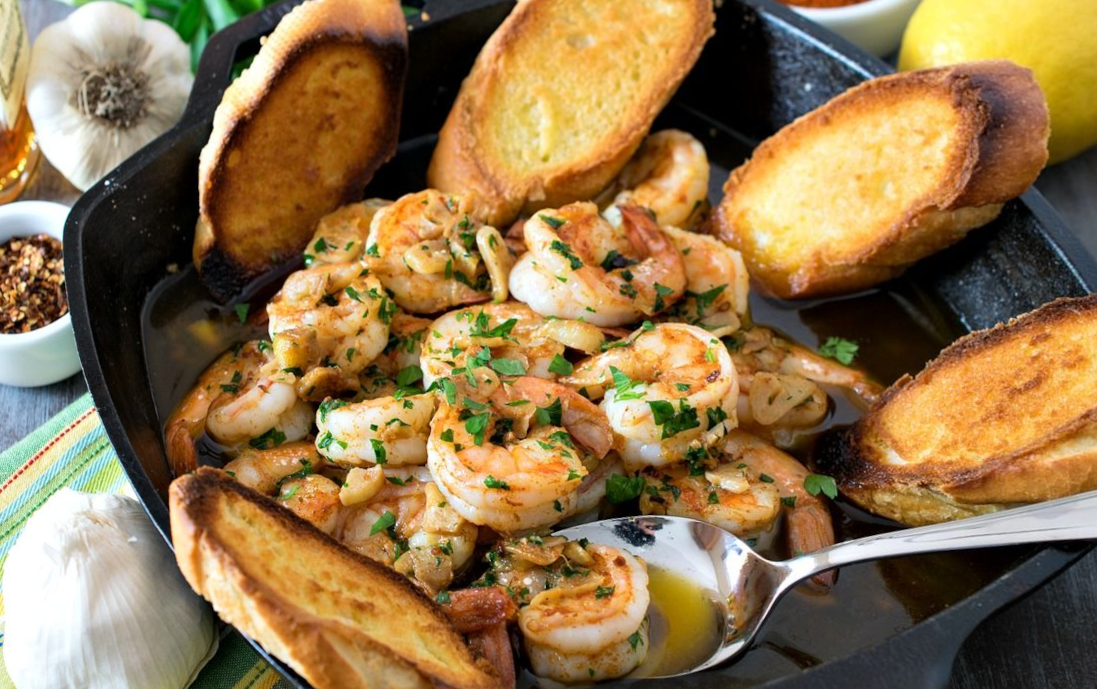

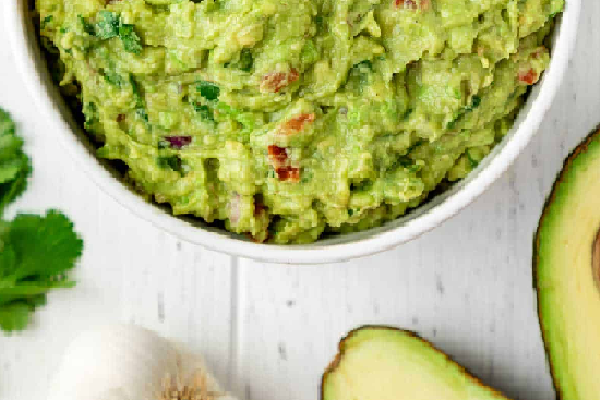
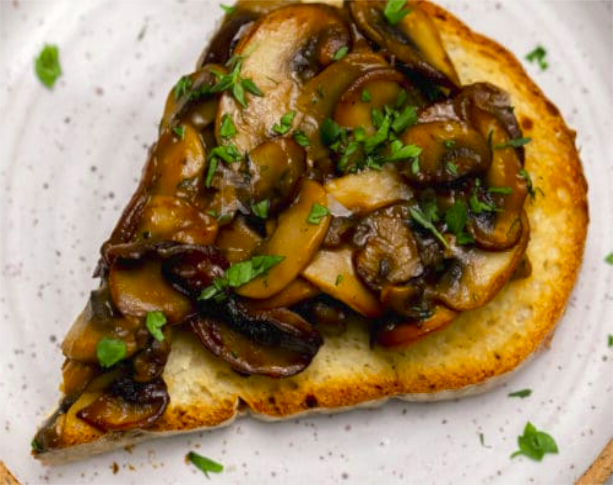
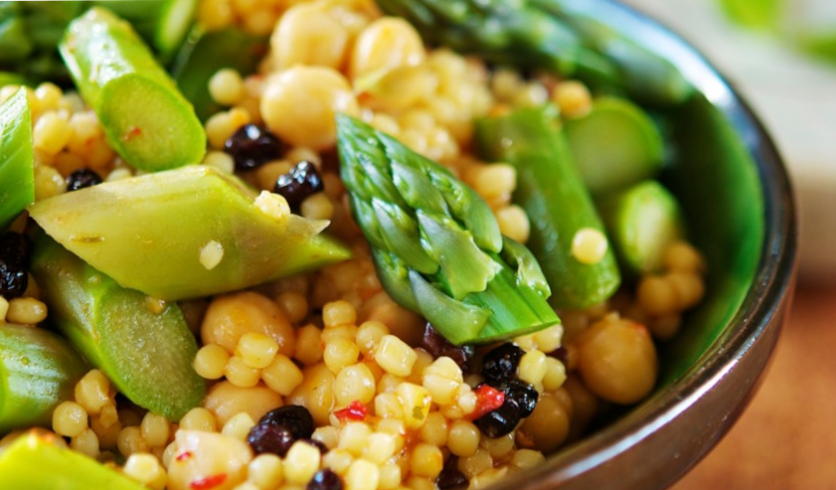
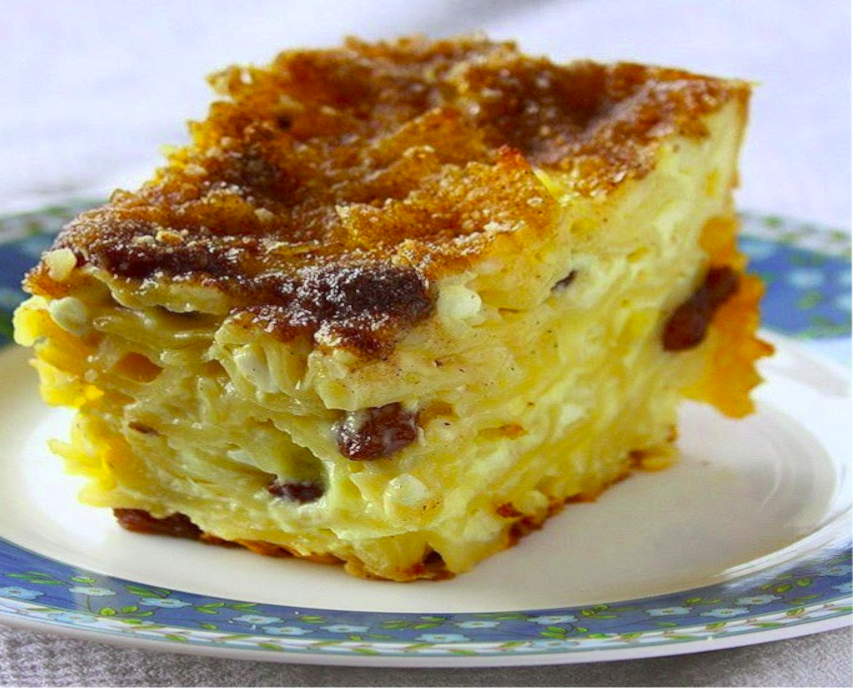
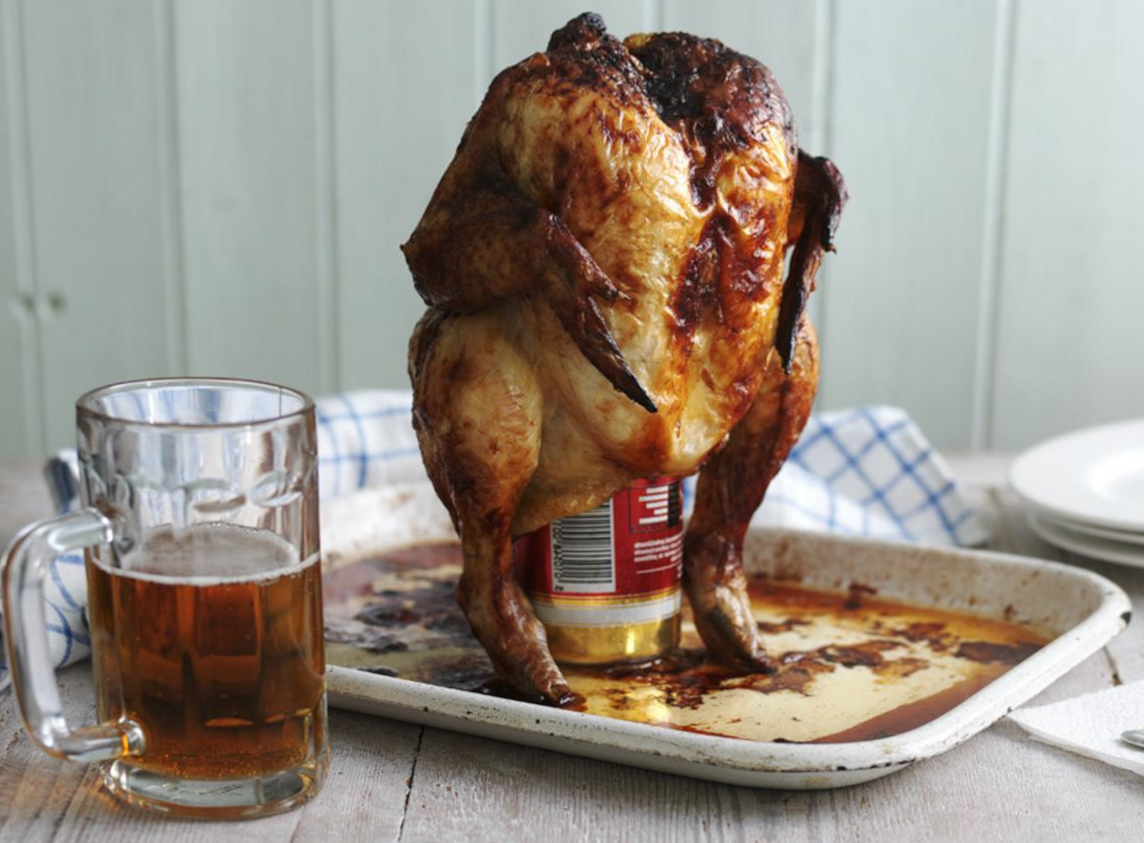
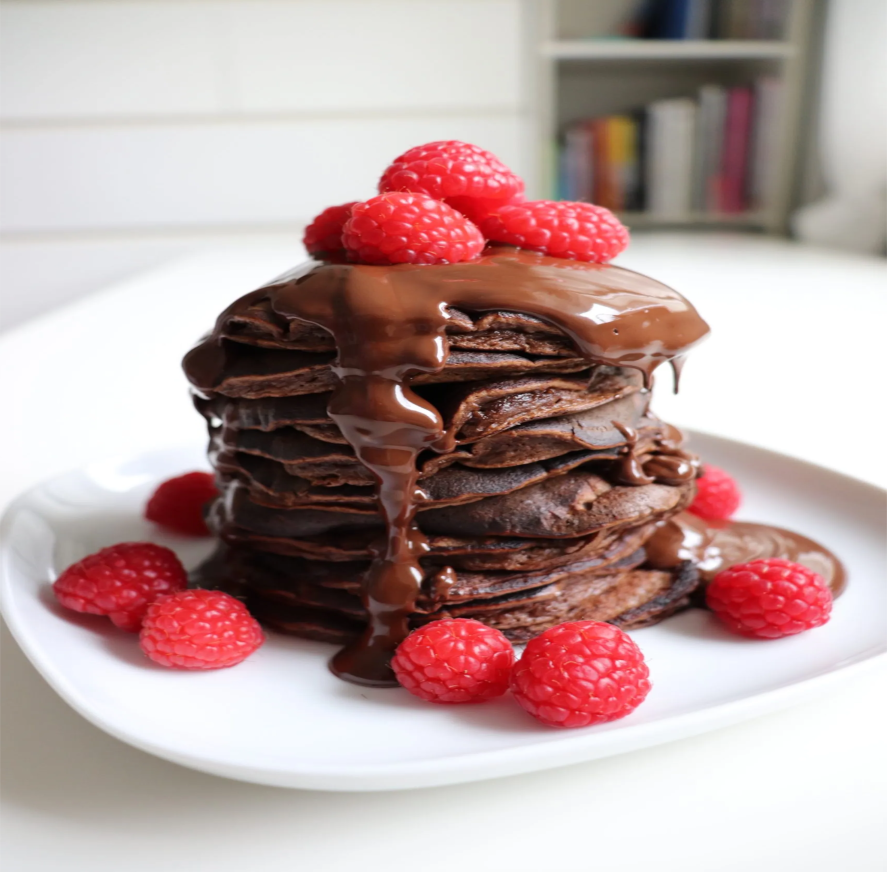
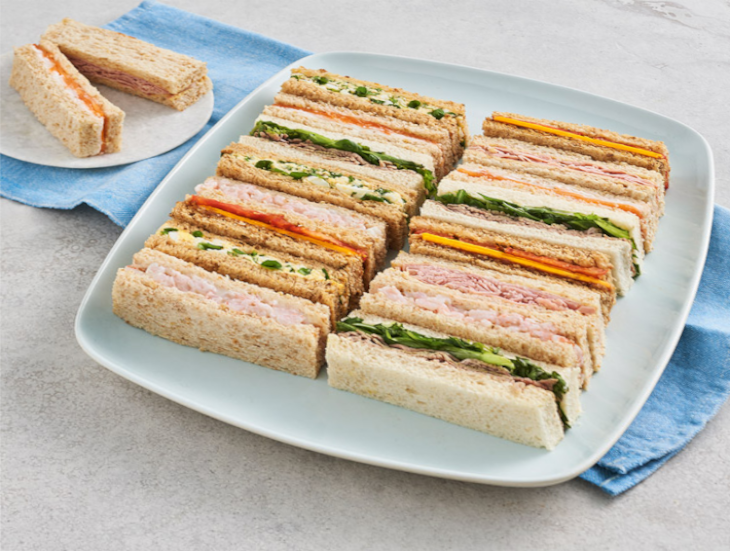



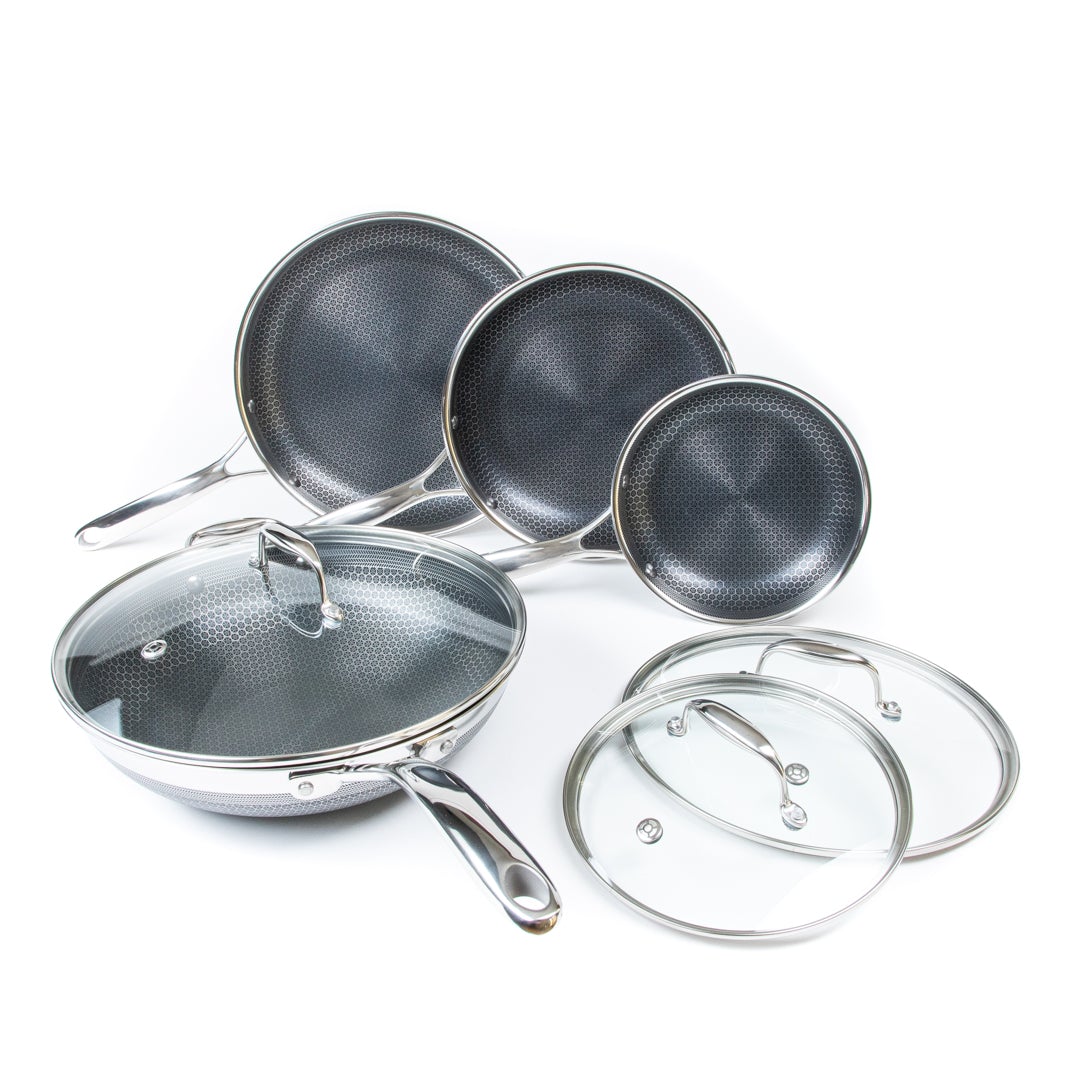
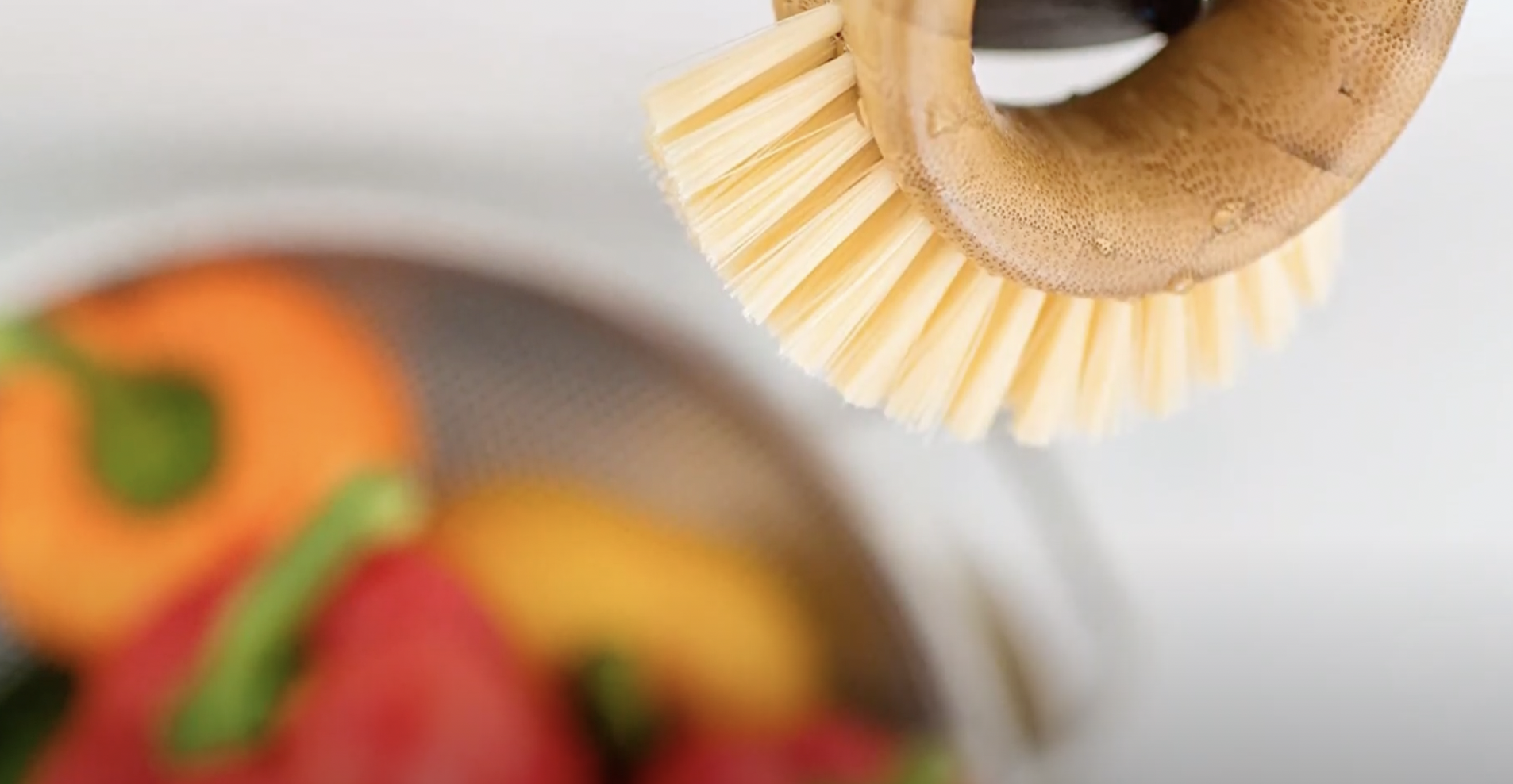

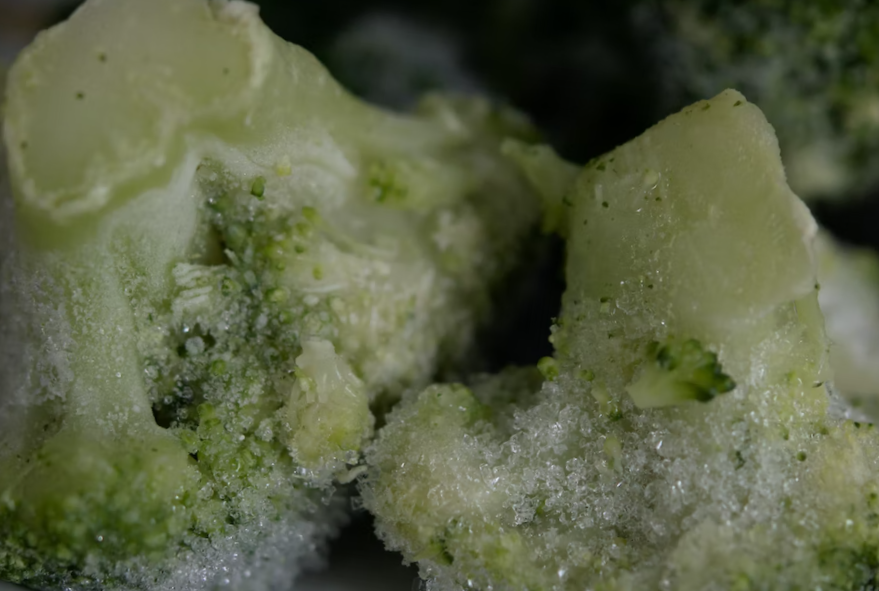


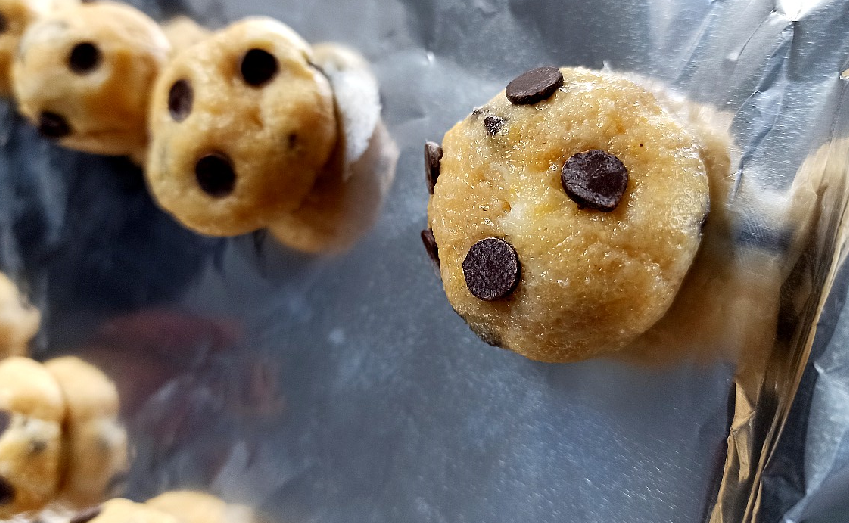
![Can you Cook Eggs in the Microwave? [Complete Guide]](/assets/images/c1f79d1cad59f18f9b5dc31403bd0eb2.png)
